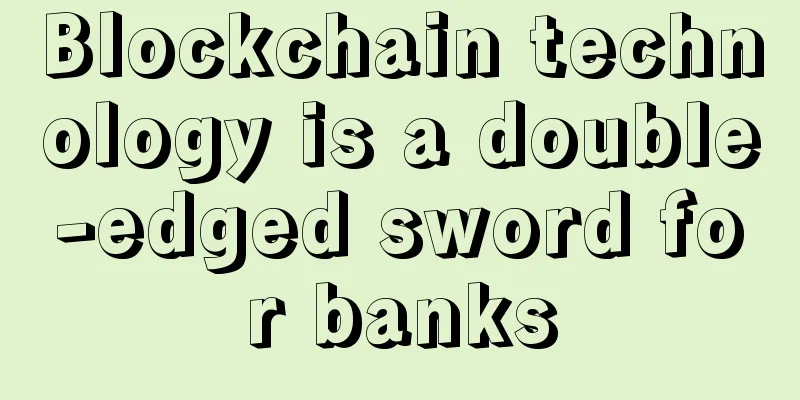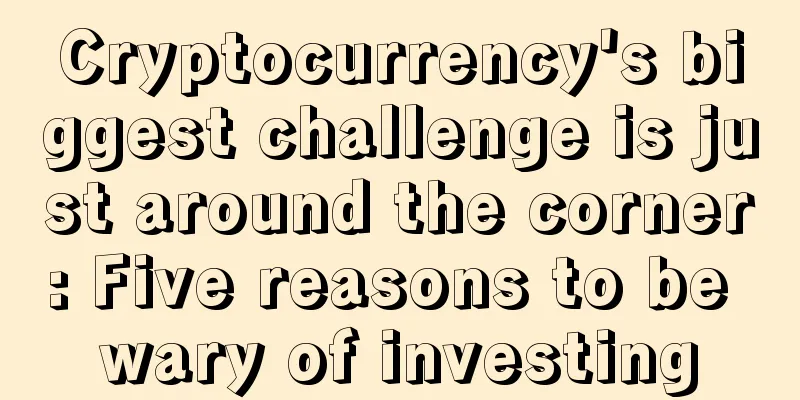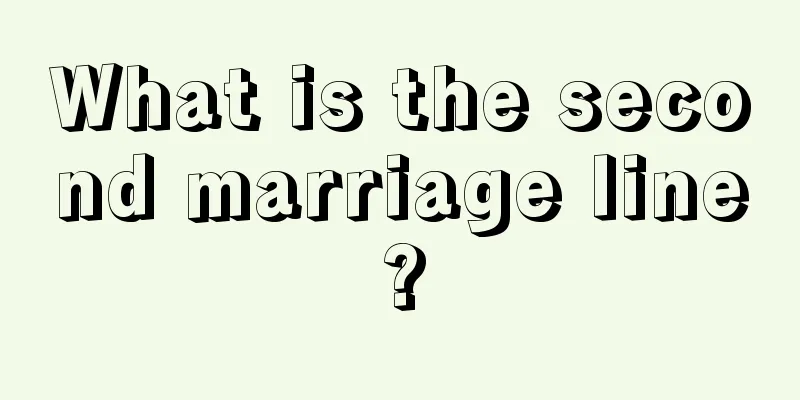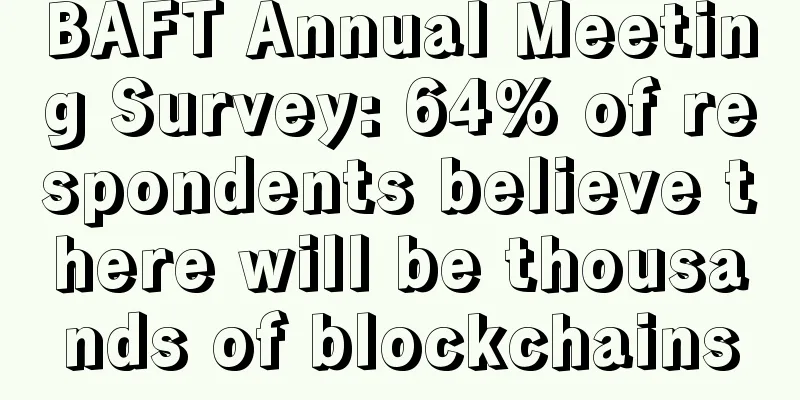Blockchain technology is a double-edged sword for banks

Translation: Annie_Xu The much-hyped blockchain technology may initially hit the earnings of international investment banks, but its potential to reduce costs across financial markets could boost dwindling profits. A new bank survey estimates that blockchain could cut costs in global currency markets by $15 billion to $20 billion. Morgan Stanley and other global investment banks are also affected by so-called post-trade settlement, which involves custody of assets and verification of transactions, ensuring that corporate loans are in place, and is expected to be the first to be affected by blockchain in the next five years. Many international investment banks act as custodians for the entire securities trading process and receive corresponding service fees; they also use the time gaps in large transaction settlements to make investments and profits. The Australian Stock Exchange and others also make profits by providing clearing and settlement services, but now they say that up to $470 billion in clearing revenue is at risk, so they are exploring using blockchain to replace the existing settlement system. Net loss Huw van Steenis Huw van Steenis, Managing Director at Morgan Stanley in London, said:
Until now, banks have been able to take advantage of delays in trade settlements to use clients’ funds for short-term trading or investments. But large international banks also see the potential for blockchain to reduce system and human costs in transaction verification; and to make up for profits lost due to regulators' interest rate hikes since the financial crisis. All large banks, including Australia's four major banks, are at the forefront of blockchain technology exploration because being the first to gain the benefits of technology can make business models more in line with market conditions. The current blockchain explorations mainly include the R3 Blockchain Alliance and the Linux Foundation's Hyperledger project.
More convenient settlement The report also pointed out that the instant settlement achieved by blockchain will become the main reason for banks' loss of income. Although the technology can already achieve instant settlement, regulators, system upgrade costs, and whether instant settlement can reduce liquidity have all become obstacles to the implementation of the technology.
One reason is that instant settlement eliminates the possibility of short selling, which can increase liquidity. The next to be affected are likely to be trade finance, international currency exchange and international banking; international banks transfer funds by establishing debit and credit accounts for the same customers between different countries, hence the name “correspondent banking”. Ripple, an American blockchain company, is working with banks in countries such as Australia to develop a distributed ledger that would free banks and even hedge funds from reliance on correspondent banks. |
<<: European Parliament member: I suggest everyone buy some Bitcoin before commenting
>>: How can the Ethereum blockchain help finance HIV treatment?
Recommend
Female's extremely good fortune
In this vast sea of people, everyone is an inde...
What does a mole in the middle of the chin represent?
Moles can be light or heavy for a person. Some mo...
How to read a woman's palm? The palmistry master teaches you how to read your palm, save it now
It is said that women's hands are treasures. T...
Bitcoin surge is unlikely to occur again
The Internet Finance Laboratory of Tsinghua Unive...
Why do people with vertical lines have unhappy marriages?
Some people's marriages become smooth and eas...
How does the forehead indicate a person’s career? Introduction to fortune reading through the forehead
Some people have very good careers in officialdom...
A man born with a good appearance and good fortune
A man born with a good appearance and good fortun...
There is a line in the middle of the root
The bridge of the nose is often said to be our li...
Eyebrows can tell which people are more likely to cheat
Eyebrows can tell which people are more likely to...
What is the fate of a woman who looks like a man? Do women with masculine appearance have a successful career?
Nowadays, many girls like to regard themselves as...
What kind of people can't save money?
What kind of people can't save money? (1) If ...
What does it mean if there is no career line on the hand?
As the name suggests, the career line refers to t...
The love line of boys is interrupted at the middle finger_palm analysis
The heart line is also called the "love line...
OKCoin discusses blockchain with Bitcoin Core developer Jeff Garzik
Recently, Xu Mingxing, a pioneer in the Bitcoin f...
Grayscale report: Public interest in Bitcoin investment increased 19% compared to 2019
Crypto investment company Grayscale recently rele...









